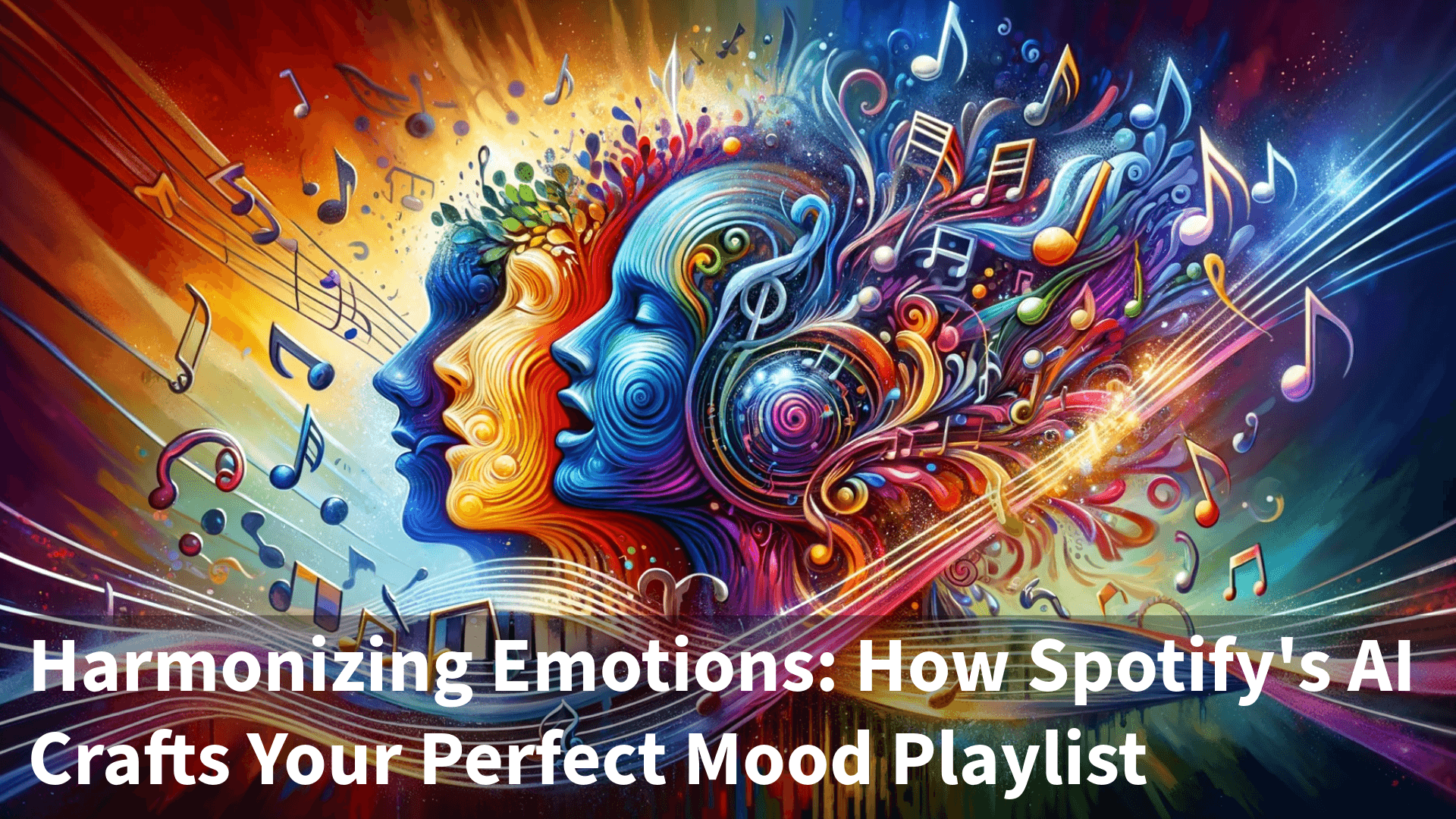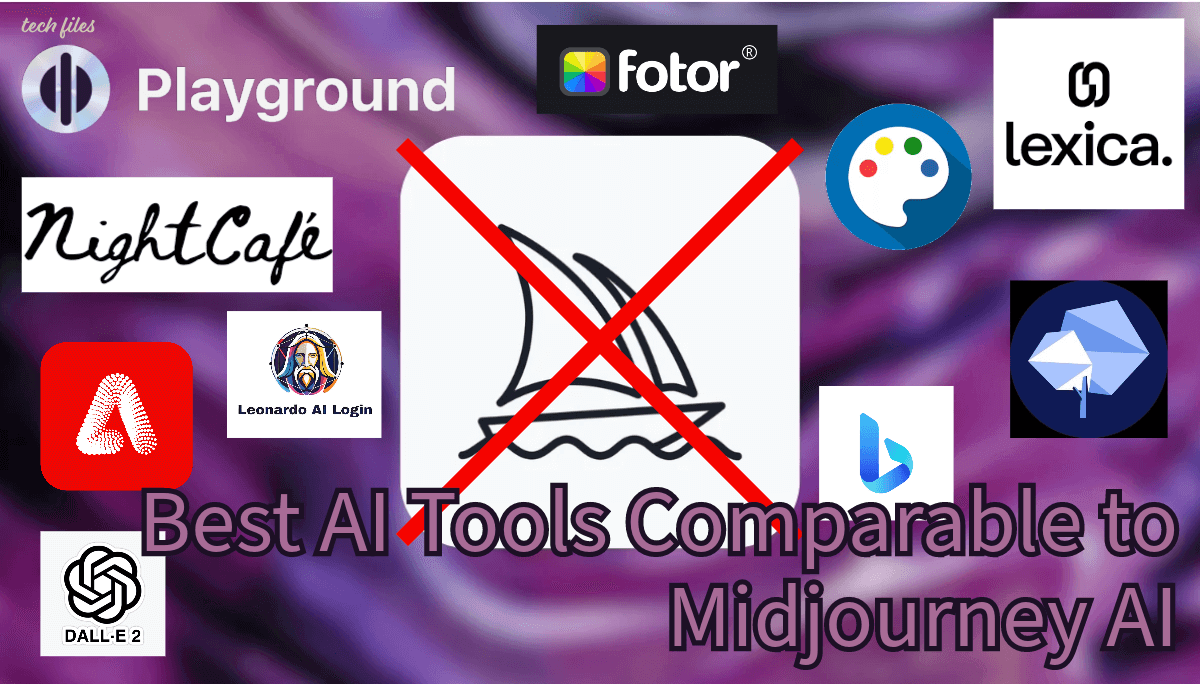Artificial intelligence (AI) impacts software testing

AI is having a major impact on software testing, making it more efficient, effective, and automated. AI can be used to automate the process of generating test cases, detecting bugs, prioritizing test cases, generating reports, and continuous testing. This can help to ensure that software is released with fewer defects and at a lower cost.
Details about how AI is impacting software testing
- Automated test generation: AI can be used to automate the process of generating test cases, which can save testers a lot of time and effort. AI-powered test generators can analyze the software code and create test cases that are tailored to the specific application.
- Bug detection: AI can be used to detect bugs in software more effectively than manual testing. AI-powered bug detectors can analyze large amounts of data, such as the software code, test results, and user feedback, to identify potential problems.
- Test prioritization: AI can be used to prioritize test cases, so that the most important tests are run first. This can help to ensure that the software is tested thoroughly and efficiently.
- Test reporting: AI can be used to generate detailed reports on the results of software tests. These reports can help testers to identify and fix problems more quickly.
- Continuous testing: AI can be used to automate the process of continuous testing, which is the practice of testing software throughout the development life cycle. This can help to ensure that the software is always in a good state and that problems are detected and fixed early on.
In addition to these specific applications, AI is also being used in software testing in more general ways.
Examples where AI can be used
- Learn from past test results to improve the efficiency and effectiveness of future tests.
- Identify potential problems in the software design before the code is even written.
- Generate synthetic data that can be used to test the software in a variety of scenarios.
- Automate the process of creating and maintaining test documentation.
As AI technology continues to develop, we can expect to see even more innovative and effective ways to use AI in software testing. This is likely to lead to a significant improvement in the quality of software and a reduction in the time and cost of testing.
Some of the challenges of using AI in software testing
- Data availability: AI-powered tools need large amounts of data to train and improve their accuracy. This data can be difficult to obtain, especially for new or complex applications.
- Complexity: AI-powered tools can be complex to develop and maintain. This can make it difficult to integrate them into existing testing processes.
- Interpretability: It can be difficult to understand how AI-powered tools make their decisions. This can make it difficult to trust the results of the tests.
Some specific examples of how AI is being used in software testing today
- Google AI has developed an AI-powered tool called DeepTest that can automatically generate test cases for Android apps.
- IBM Watson has developed an AI-powered tool called Watson Assistant for Software Testing that can help testers to identify and fix bugs more quickly.
- Cisco has developed an AI-powered tool called AppDynamics that can help to detect performance problems in software applications.
Some examples of AI tools used in software testing
- TestCraft: TestCraft is an AI-powered test automation platform that works on top of Selenium. It is used for regression and continuous testing, as well as monitoring web applications
- Testim: Testim is an AI-based software testing platform that allows users to create resilient end-to-end tests. It supports both coded and codeless testing and utilizes artificial intelligence and machine learning to speed up the authoring, execution, and maintenance of automated tests
- Testsigma: Testsigma is one of the top AI testing tools that allows QA analysts and automation engineers to create automated tests for web, mobile, and desktop applications. It offers a wide range of AI-powered features for test automation
- Applitools: Applitools is an application visual management and AI-powered visual UI testing and monitoring software. It provides an end-to-end software testing platform and focuses on visual testing to ensure the accuracy and consistency of the user interface
These are just a few examples of AI tools used in software testing. The market offers a wide range of AI testing tools with various features and capabilities. It’s important to choose the tool that best fits the specific needs and requirements of the software testing process.
Despite these challenges, AI is a promising technology that has the potential to revolutionize software testing. As the technology continues to develop, we can expect to see more and more companies adopt AI-powered tools to improve the quality of their software.











Sharing is caring!